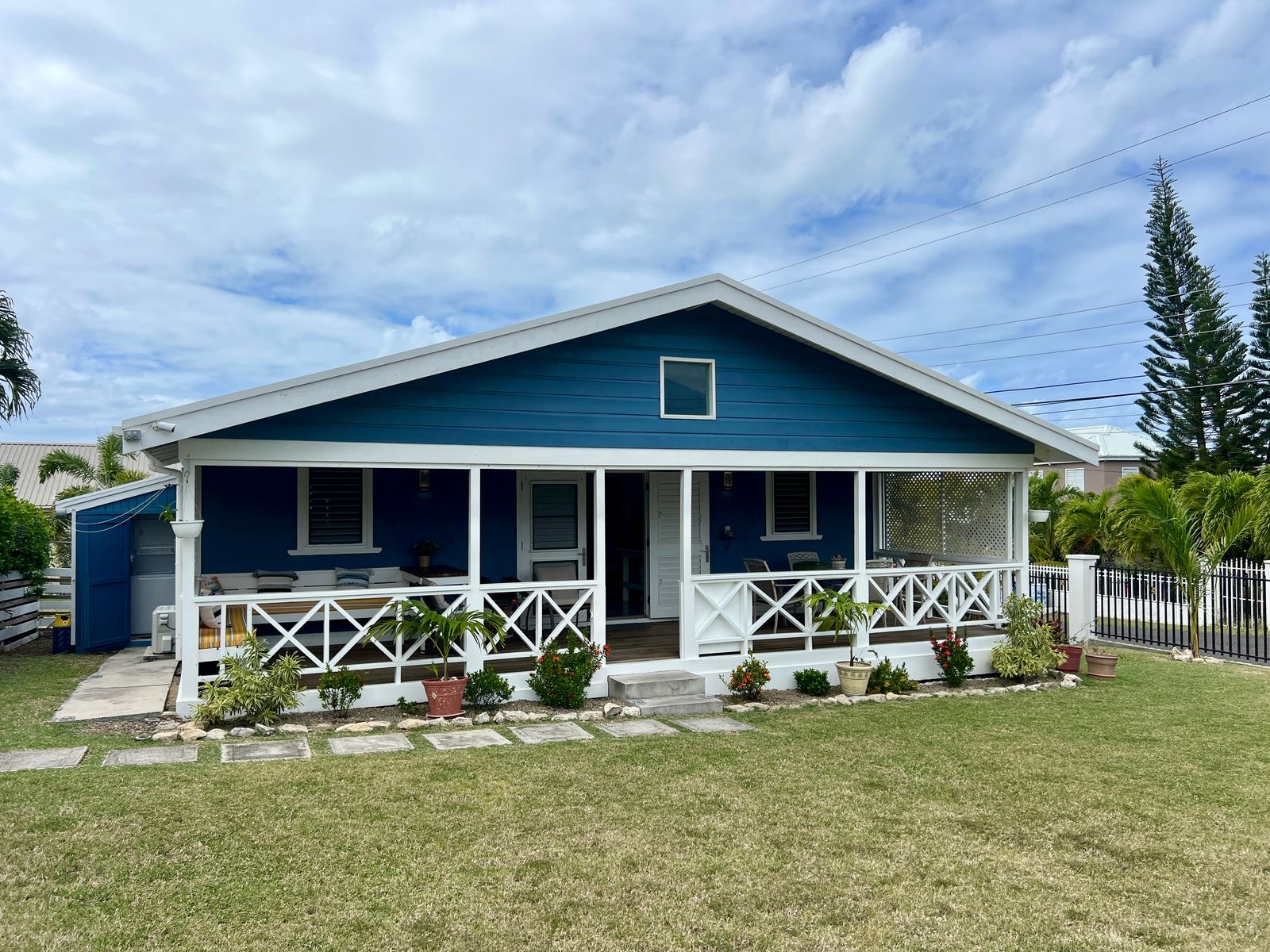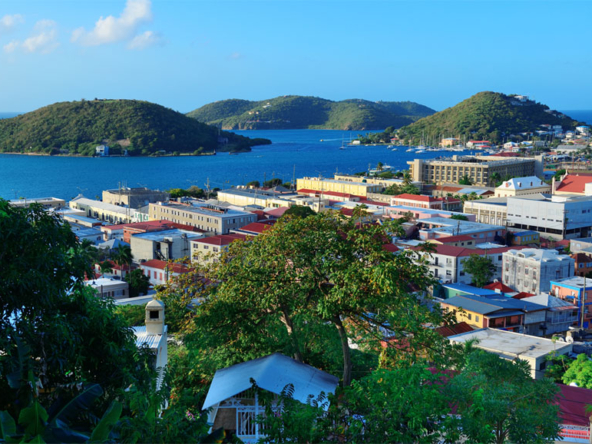Short-Term vs. Long-Term Rentals in Antigua: Which is Right for You?
Antigua, with its stunning beaches, vibrant culture, and laid-back island lifestyle, is a dream destination for many. Whether you’re planning a quick getaway or considering a longer stay, one key decision you’ll face is choosing between a short-term or long-term rental. Each option comes with its own benefits and drawbacks, depending on your travel goals, budget, and lifestyle needs.
Let’s break down the pros and cons of both to help you decide which type of rental is right for your stay in Antigua.
Short-Term Rentals in Antigua
What Are Short-Term Rentals?
Short-term rentals typically refer to accommodations rented for a few days to a few weeks. Think vacation homes, Airbnb stays, guesthouses, or villas—often fully furnished and geared toward tourists.
Pros of Short-Term Rentals
Flexibility
Short-term rentals offer unmatched flexibility. You can stay anywhere from a weekend to a few weeks without a long-term commitment.
Fully Furnished & Move-In Ready
Most are turn-key properties, meaning everything from furniture to utensils is provided. All you need is your suitcase.
Great for Tourists
They’re often located in tourist-friendly zones, near beaches, attractions, and restaurants, making it easy to explore Antigua.
Housekeeping & Amenities
Many short-term rentals include amenities like cleaning services, pools, and Wi-Fi—ideal for comfort and convenience.
Cons of Short-Term Rentals
Higher Cost per Night
While convenient, short-term rentals usually cost more per night than long-term leases.
Availability Fluctuations
Especially during peak tourist seasons (December to April), finding a good short-term rental can be tricky and more expensive.
Less Personalization
Since you’re not staying long, you may not get a true local experience or have time to settle into a neighborhood.
Long-Term Rentals in Antigua
What Are Long-Term Rentals?
Long-term rentals usually refer to leases of six months or longer. They’re popular among expats, digital nomads, students and retirees.
Pros of Long-Term Rentals
Lower Monthly Costs
You’ll get better value for your money. The longer you stay, the lower your rent tends to be.
More Immersive Experience
Staying long-term lets you integrate into local life, discover hidden gems, and build lasting connections.
Personalized Living Space
You can decorate, rearrange, and truly make the space feel like home—something harder to do with a short stay.
- More Options in Residential Areas
With long-term rentals, you can explore areas beyond tourist hubs, giving you a deeper, more authentic experience.
Cons of Long-Term Rentals
Upfront Costs
Expect to pay a security deposit, possibly first and last month’s rent, and sometimes even a utility setup fee.
Less Flexibility
Once you sign a lease, you’re committed. Breaking it early might result in penalties.
May Require Furnishing
Not all long-term rentals come furnished, meaning you might need to invest in basics like beds or kitchenware.
Which Rental Type Suits Your Lifestyle?
Let’s dig into which rental might be better for you depending on your situation:
Tourists & Vacationers
Best Choice: Short-Term Rentals
Why? They’re perfect for quick stays, usually come with all the essentials, and place you close to major attractions.
Digital Nomads or Remote Workers
Best Choice: Depends on Stay Duration
For 1-3 months: A well-priced short-term rental.
For 3+ months: Consider long-term rentals for better value.
Retirees or Expats
Best Choice: Long-Term Rentals
Why? They offer the most value and comfort for longer stays, and let you immerse in local culture.
Read more like this Antigua Digital Nomad Lifestyle, Benefits, Challenges and Tips
Business Travelers
Best Choice: Short-Term Rentals or Serviced Apartments
Why? They provide the convenience and amenities needed for work and short-term commitments.
Tips for Choosing the Right Rental
Know Your Budget – Always factor in utilities, internet, and other hidden costs.
Check Reviews or References – For both short- and long-term rentals, reputation matters.
Visit If Possible – If you can, visit the property before committing—photos can be deceiving.
Understand the Lease – Know the cancellation policy, payment terms, and included amenities.
Negotiate – Especially for long-term stays, landlords may lower the rent if you’re staying several months.
Conclusion
Choosing between short-term and long-term rentals in Antigua comes down to how long you’re staying, your budget, and what kind of experience you’re after. If you’re on a vacation or just dipping your toes in island life, go for the ease and comfort of a short-term stay. But if you’re planning to dive deeper into the Caribbean lifestyle, a long-term rental might just be your ticket to paradise.
Either way, Antigua’s charm, beaches, and welcoming vibes are sure to make your stay unforgettable.
Read more like this Top 10 Tips for Mastering Life at Antigua as a Digital Nomad
FAQs
Is it cheaper to rent long-term in Antigua?
Yes, long-term rentals offer much lower monthly rates compared to short-term vacation stays, making them more cost-effective for extended periods.
Do I need a visa for long-term stays in Antigua?
Yes, for stays over 90 days, you’ll need a visa extension or residency permit. Always check the latest immigration requirements.
Are utilities included in rental prices?
Not always. Short-term rentals often include utilities, but long-term leases might not—always clarify with your landlord.
Can I negotiate rent in Antigua?
Absolutely. Especially for long-term rentals, landlords may offer discounts for multi-month stays.
Are short-term rentals legal in Antigua?
Yes, short-term rentals like Airbnb are legal and popular, but some properties may require government registration.




